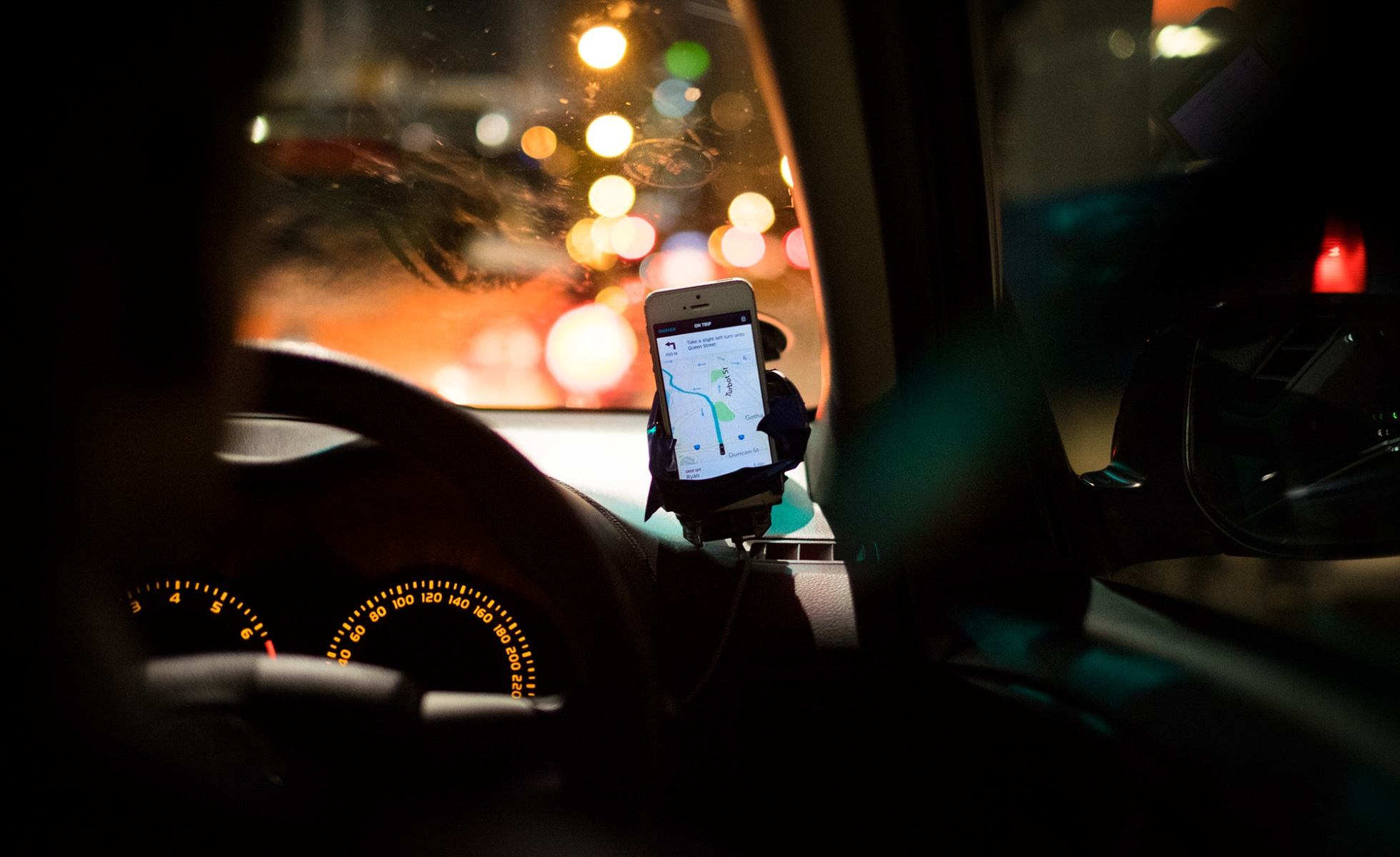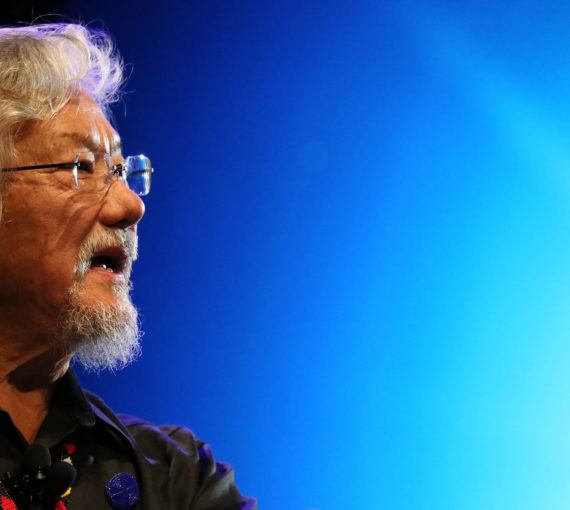
With 45 per cent of the region’s carbon emissions coming from transportation, we need more electric buses, not more cars on the road that create climate-altering pollution. (Photo: noeltock via Flickr)
Many people in Metro Vancouver are breathing a sigh of relief with the arrival of ride-hailing options like Uber and Lyft. Finally, more choices on how we get around and ways to get places faster. Yet in terms of responding to the climate emergency they should be worried, not relieved. If Metro Vancouver follows other North American cities, we can expect congestion and carbon pollution to get worse, not better.
Ride-hailing was sold on its ability to complement public transit and maybe even let people ditch their cars. On the contrary, studies from the U.S. show that introducing ride-hailing without the right regulations comes with big drops in transit ridership along with more traffic congestion.
A 2017 study by researchers at University of California Davis surveyed 4,000 residents in Boston, Chicago, Los Angeles, New York, Seattle, Washington, D.C., and the San Francisco Bay Area. It found that more than 20 per cent of respondents used ride-hailing. Ride-hailing led to a drop in bus use of six per cent and light-rail use of three per cent. Researchers in this and other studies concluded that ride-hailing contributed to people travelling longer distances in vehicles. Perhaps most troubling, from a climate perspective, is that between 49 and 61 per cent of ride-hailing trips wouldn’t have been taken at all if the service hadn’t been available.
A study from Paris showed that ride-hailing, which allowed people to save time and money, also led them to travel more in vehicles.
Then there’s the rebound effect. A study from Paris showed that ride-hailing, which allowed people to save time and money, also led them to travel more in vehicles. This not only cancelled out any potential benefits like better air quality, but also any possible reductions in carbon emissions.
Metro can learn from other North American cities and limit some of the damage. Municipalities can follow the lead of the City of Vancouver, which voted to ask the province to leave the door open to a congestion fee for ride-hailing companies. While provincial rules don’t allow municipalities to determine the numbers of cars, allowing them to introduce fees could help regulate congestion.
Ride-hailing firms can be required to contribute to funding transit solutions in cities. After all, reducing congestion benefits them as well. N.Y. was the first city to limit the number of ride-hailing vehicles, a lead Metro could follow. The B.C. government was applauded for introducing a law that requires all new vehicles sold after 2040 to not to be fossil-fuel-powered. Why not require that by 2023 all ride-hailing vehicles be electric? As well, we must insist that our regional transportation planners have access to the company data on pickups and drop-offs. The data is of great value for improving regional transportation networks.
We can also support services like car-share that are far better climate solutions, especially when cars are electric, and more likely to help people give up their cars.
We can also support services like car-share that are far better climate solutions, especially when cars are electric, and more likely to help people give up their cars. One study showed that car-share programs lead to fewer vehicles owned, from an average of 0.47 vehicles per household to an average of 0.24, mostly due to some one-car households becoming carless. People using car-share are also driving less.
Better yet, we can ask the federal government to provide steady funding to continue to improve transit options, better fund electric-vehicle infrastructure, and support more cycling and walking options.
Metro prides itself on having the biggest increase in transit use of any region in North America. In 2018, when Metro didn’t have ride-hailing, transit use jumped by more than seven per cent.
Our buses, light rail and subways are regularly jammed. With 45 per cent of the region’s carbon emissions coming from transportation, we need more electric buses, not more cars on the road that create climate-altering pollution. So, the next time you’re tempted by Uber or Lyft, consider the real cost to the planet and ask your government representative to make sure ride-hailing doesn’t make things worse.
We’re in a climate emergency. Isn’t it time we started acting like it?
This op-ed was originally published in the Vancouver Sun


